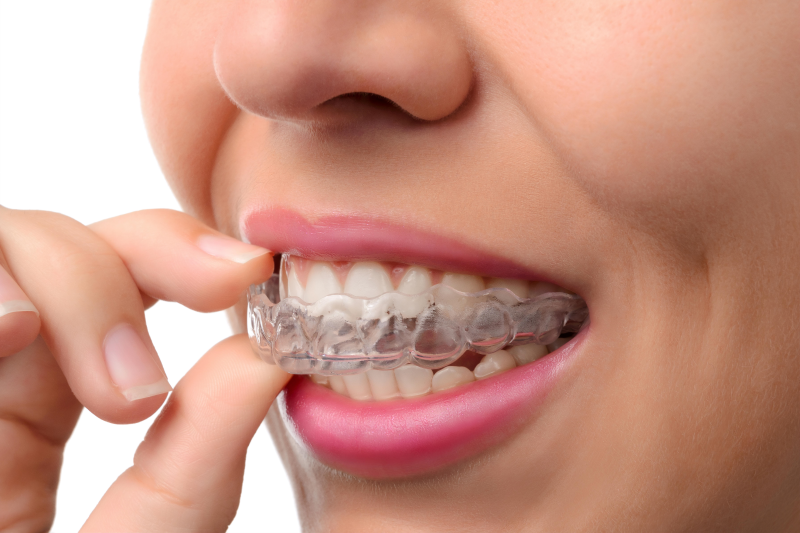Toothache is one of the most unpleasant pains a person can experience, and it originates from the tooth or the surrounding tissues. Toothache is mostly caused by inflammation of the nerve and central part of the tooth, and the pain intensifies during the night because more blood accumulates around the painful area due to complete rest, thus increasing pressure on the nerves.
The most common causes of toothache are:
• Tooth decay
• Damaged (fallen out) filling
• Nerve inflammation
• Tooth eruption
• Trauma
What are the symptoms of toothache?
• Severe pain (sharp, stabbing)
• Swelling around the tooth (gums)
• Headache and/or fever
• Earache
• Strange taste in the mouth (possible discharge from the tooth due to infection)
Since most toothaches result from tooth decay, proper oral hygiene is crucial. Good oral hygiene involves regular brushing of teeth, using dental floss, and rinsing the mouth with water or antiseptic mouthwash once or twice a day.
Proper oral hygiene also includes regular visits to the dentist and yearly professional teeth cleaning (for cavities).
How can a dentist help when there is pain in the oral cavity?
In cases of toothache, it is always best to have a panoramic X-ray or orthopantomogram done, which shows the entire jaw and, accordingly, any potential inflammatory processes. Based on the X-ray, the dentist will be able to assess the necessary treatment.
If it is a case of tooth decay, the dentist must clean the tooth from the decay and assess how deep the cavity is and which part of the tooth it has affected. If it is a minor cavity, a filling is placed, and the treatment is completed. If the dentist notices inflammation of the tooth nerve on the X-ray, it is necessary to start treating the tooth by cleaning and filling the root canals to remove bacterial buildup.
There are situations where the tooth is in very poor condition and cannot be treated, and the only option is tooth extraction. If the dentist comes to such a conclusion during the diagnosis, it is recommended to extract the tooth immediately to relieve the pain and calm the gum tissue.
After the cause is identified and treated, and the symptoms begin to subside, it is advisable to visit the dentist again for a check-up to assess the current situation and perform a dental examination. In cases where tooth extraction was necessary, it is important to talk to the dentist about possible solutions for the missing tooth. Possible solutions for tooth loss include the installation of an implant or the creation of a prosthetic work - a dental crown that will fill the empty space.
We are happy to share our knowledge with you and educate you about the importance of oral health care and the possibilities that modern dentistry offers in our clinic. For any further information, you can always contact us at the email address dentalortodontcentar@gmail.com or call us at +387 (0)33 642-648.






